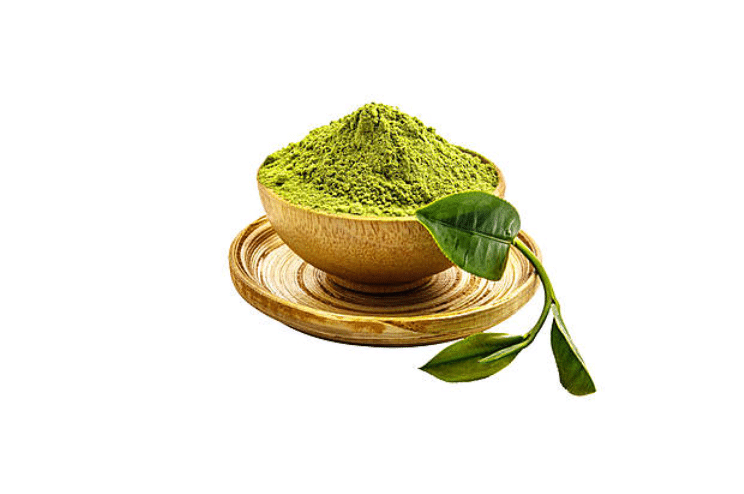
Green Tea Extract Supplier
Gensei is a premier Green Tea Extract supplier and manufacturer, specializing in providing high-quality botanical extracts for various industries. We offer a comprehensive range of Green Tea Extract options, including Green Tea Extract wholesale, Green Tea Extract manufacturer direct supply, and Green Tea Extract bulk quantities. Our Green Tea Extract powder is carefully processed to retain its beneficial compounds, including potent antioxidants like EGCG. We also offer Green Tea Extract powder bulk for large-scale production. As a trusted Green Tea Extract supplier, Gensei is committed to delivering consistent quality and reliable service. Whether you need bulk powder for supplements, beverages, or other applications, we are your ideal partner for premium Green Tea Extract.
Please note: We are a wholesale supplier and have minimum order quantities.
Have questions about this product? Our team is here to help. For inquiries about multiple ingredients, please use the Contact Us option and include the list of ingredients in your message.
Green Tea Extract CAS No.: 84650-60-6
Chemical Name: Camellia sinensis leaf extract
Synonyms:
- Tea Extract
- Green Tea Polyphenols
- Camellia sinensis Extract
CB Number: CB5308960
Molecular Formula: Not applicable as it’s a complex mixture of polyphenols, primarily catechins. The main active component, Epigallocatechin gallate (EGCG), has the formula C₂₂H₁<0xE2><0x82><0x88>O₁₁
Molecular Weight: Not applicable as it’s a mixture. The molecular weight of EGCG is 458.37 g/mol.
MDL Number: MFCD00159963 (for EGCG, a major component)
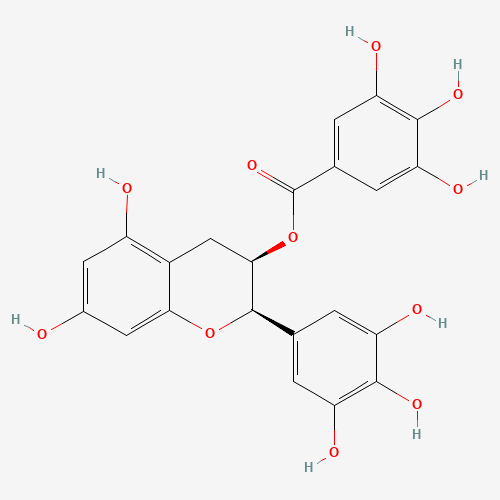
Green Tea Extract Powder Manufacturing Process Flowchart
Green Tea Extract powder is typically produced by extracting the beneficial compounds from green tea leaves.
(Camellia sinensis leaves)
(Green tea leaves are extracted with a solvent, typically hot water or ethanol-water mixture, to dissolve the polyphenols, including catechins like EGCG)
(The liquid extract is filtered to remove tea leaves and other solid residues)
(The filtered extract is concentrated, often using vacuum evaporation, to increase the concentration of the desired compounds)
(Further purification steps may be employed to increase the concentration of specific catechins like EGCG)
(The concentrated extract is dried to form a powder, commonly using spray drying or freeze-drying)
(The dried extract is milled and sieved to achieve the desired particle size and consistency)
(Testing for polyphenol content, EGCG levels, caffeine content, purity, heavy metals, and other specifications)
(The Green Tea Extract powder is packaged in airtight containers to protect it from moisture, light, and oxidation)
This flowchart provides a general overview of the Green Tea Extract powder manufacturing process. Specific steps, solvents, and purification methods may vary depending on the manufacturer and the desired standardization of the extract.
Our State-of-the-Art Manufacturing Facilities
Explore our modern facilities equipped with advanced technology to ensure the highest quality in the production of your vitamins, herbal extracts, minerals, and amino acids.

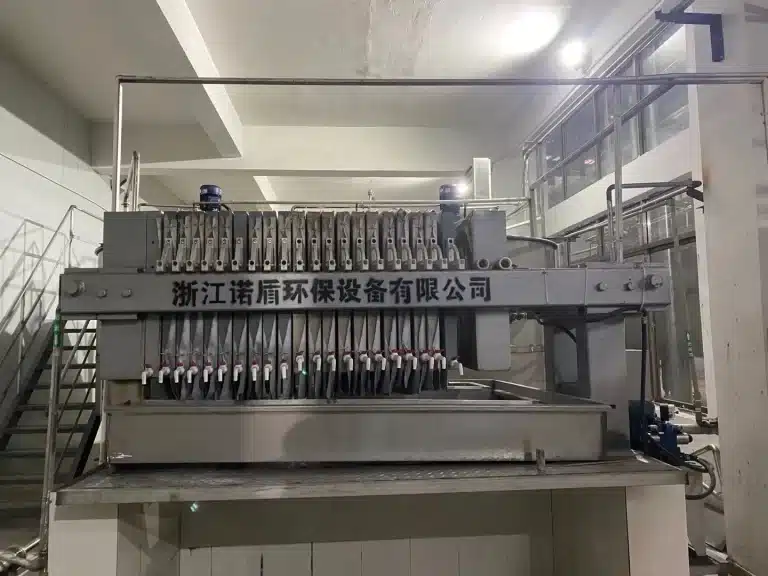
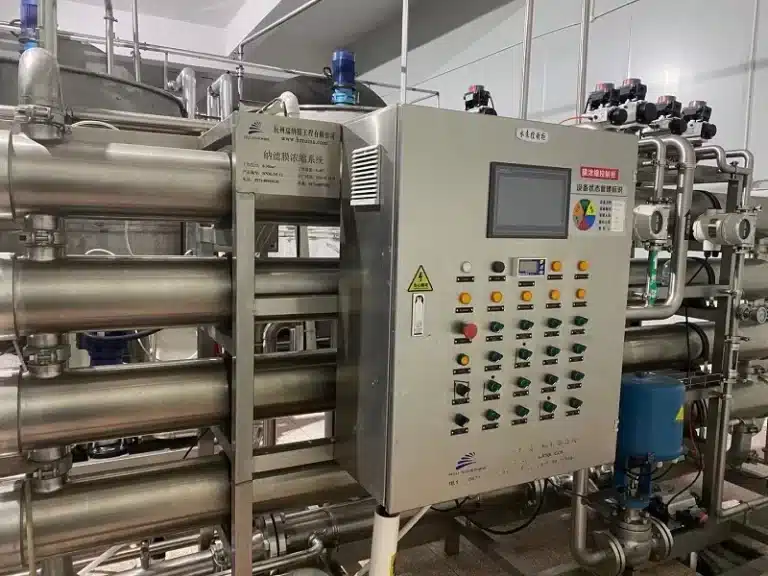
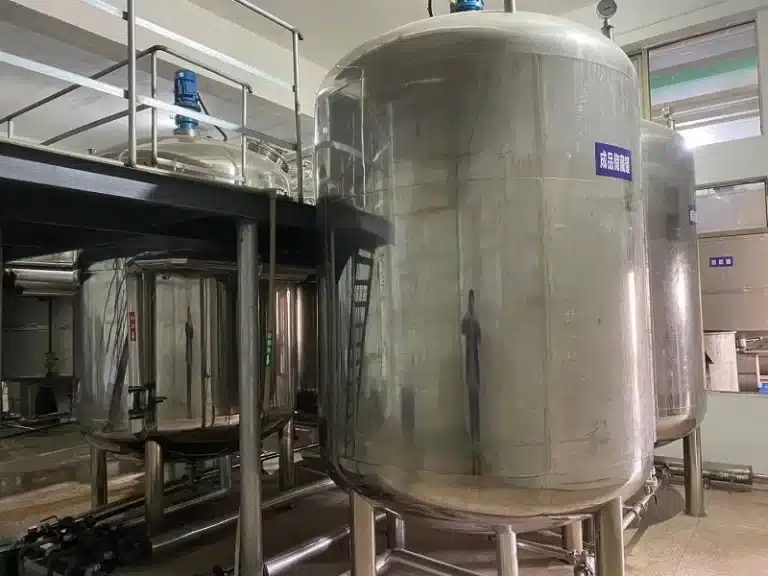
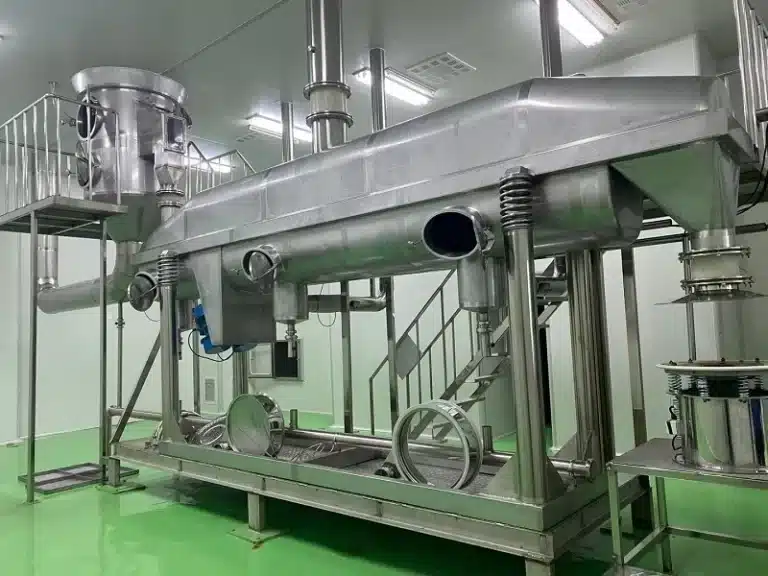




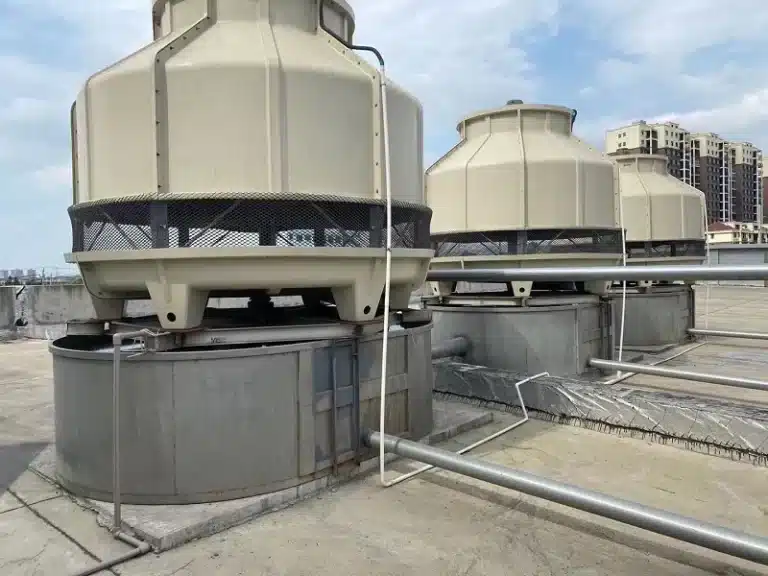
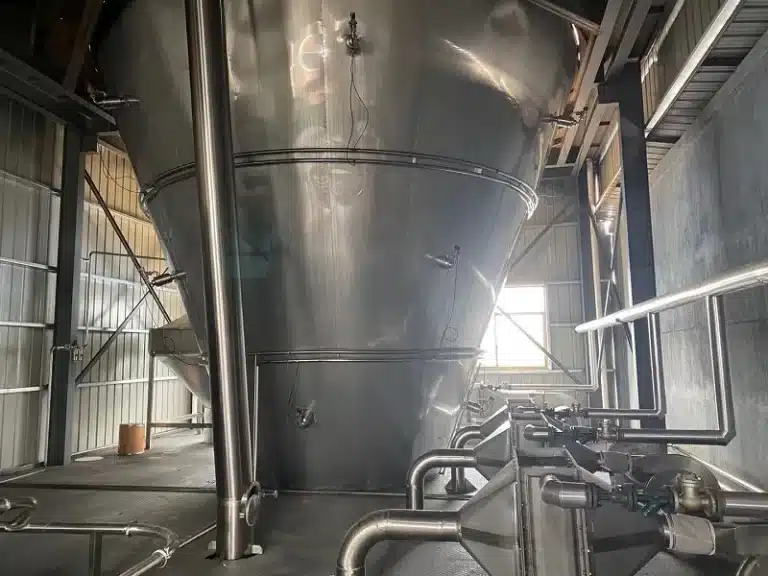
FAQs
Yes, green tea extract typically contains caffeine, although the amount can vary depending on the specific extract and the processing methods used. Decaffeinated versions are also available.
The Word of Wisdom, a health code in the Church of Jesus Christ of Latter-day Saints, advises against the use of "hot drinks," which are generally interpreted as coffee and tea. Whether green tea extract falls under this prohibition is a matter of personal interpretation and guidance from church leaders.
No, green tea is a brewed beverage made from steeping tea leaves in hot water. Green tea extract is a concentrated powder or liquid derived from green tea leaves, containing a higher concentration of its active compounds, such as catechins and caffeine.
Studies on green tea extract for weight loss often use dosages ranging from 300 to 500 mg per day, with a focus on the EGCG content. However, effectiveness can vary, and it's best to consult with a healthcare professional for personalized advice.
Green tea extract contains caffeine and other methylxanthines, which can be toxic to cats even in small amounts. It is generally not safe to give green tea extract to cats.
Green tea extracts are concentrated forms of the active compounds found in green tea leaves. They are typically rich in polyphenols, particularly catechins like EGCG, as well as caffeine and other beneficial substances.
EGCG stands for Epigallocatechin gallate, which is the most abundant and potent catechin found in green tea extract. EGCG green tea extract refers to extracts that are standardized to contain a specific percentage of EGCG, often considered the primary active compound responsible for many of green tea's health benefits.
While generally safe for most people in moderate doses, green tea extract can cause side effects in some individuals, including stomach upset, nausea, anxiety, insomnia, and increased heart rate, primarily due to its caffeine content. High doses may also potentially affect liver function in rare cases.
Green tea extract pills are generally considered safe when taken at recommended dosages. However, it's important to choose reputable brands and be aware of potential side effects, especially at higher doses. Individuals with pre-existing health conditions or those taking medications should consult their doctor before use.
Yes, the caffeine content in green tea extract can potentially cause or worsen anxiety in some individuals, particularly those who are sensitive to caffeine.
Yes, the caffeine in green tea extract can cause headaches in some people, especially if they are sensitive to caffeine or if they consume it in large amounts. It can also trigger withdrawal headaches if someone regularly consumes caffeine and then stops.
Yes, the caffeine content in green tea extract can stimulate the nervous system and potentially lead to increased heart rate or palpitations in some individuals, especially those sensitive to stimulants.
In some individuals, particularly those sensitive to caffeine, green tea extract may cause a temporary increase in blood pressure due to its stimulant effects. People with pre-existing high blood pressure should use it with caution and monitor their blood pressure.
In rare cases, high doses of green tea extract have been linked to liver toxicity. It's important to adhere to recommended dosages and consult with a healthcare professional if you have any concerns or pre-existing 1 liver conditions.
Yes, due to its caffeine content, green tea extract can act as a stimulant and may interfere with sleep if taken too close to bedtime.
Some preliminary research suggests that EGCG, a key component of green tea extract, may have potential in reducing the size of uterine fibroids. However, more research, particularly in human studies, is needed to confirm these findings.
It is generally not recommended to take green tea extract at night, especially if you are sensitive to caffeine, as it can interfere with sleep. Decaffeinated versions may be an option if you wish to take it in the evening.
While rare, it is possible to overdose on green tea extract, especially in concentrated forms. Symptoms of overdose can include nausea, vomiting, diarrhea, increased heart rate, anxiety, and in severe cases, liver problems. It's crucial to follow recommended dosages and consult with a healthcare professional if you have any concerns.

